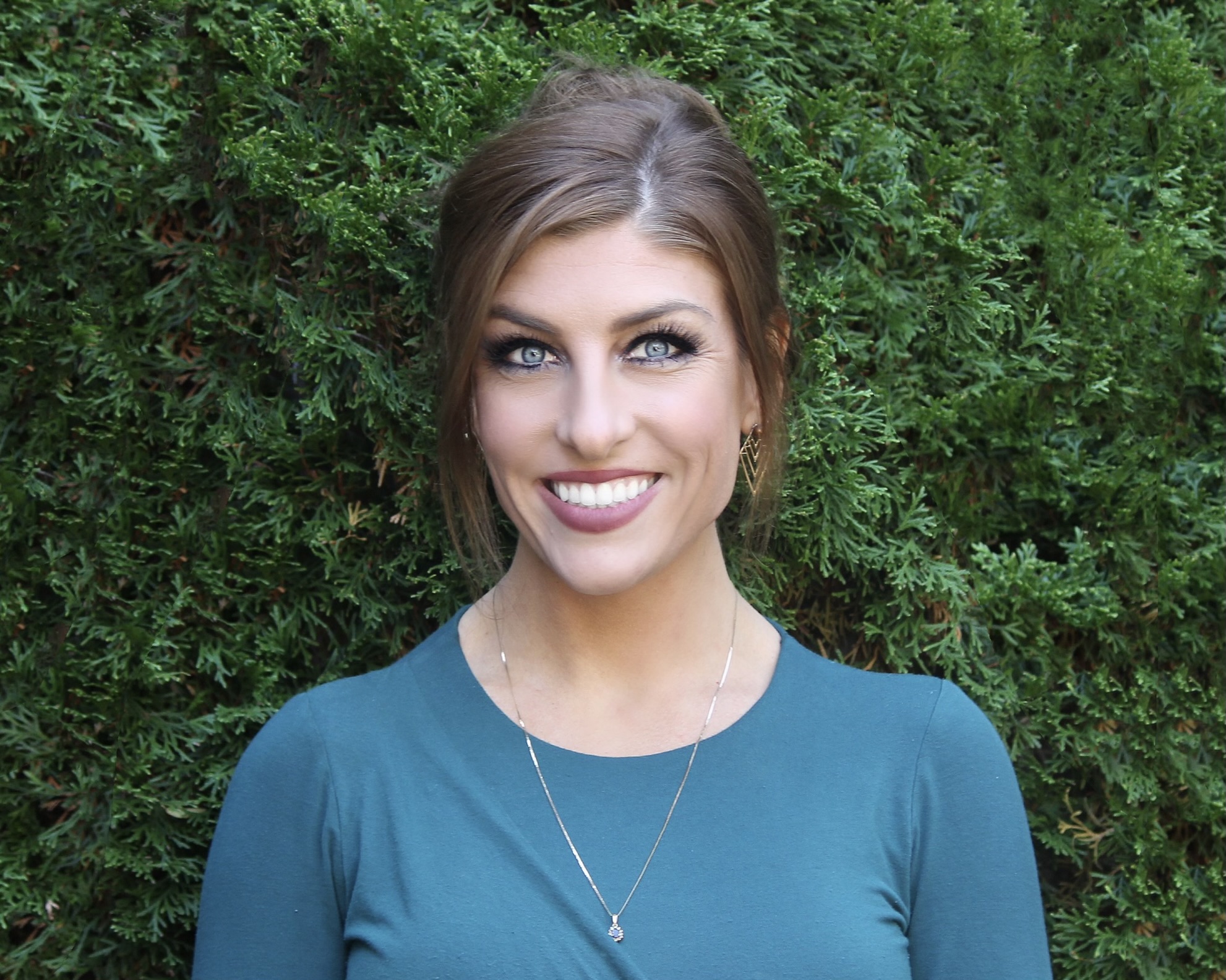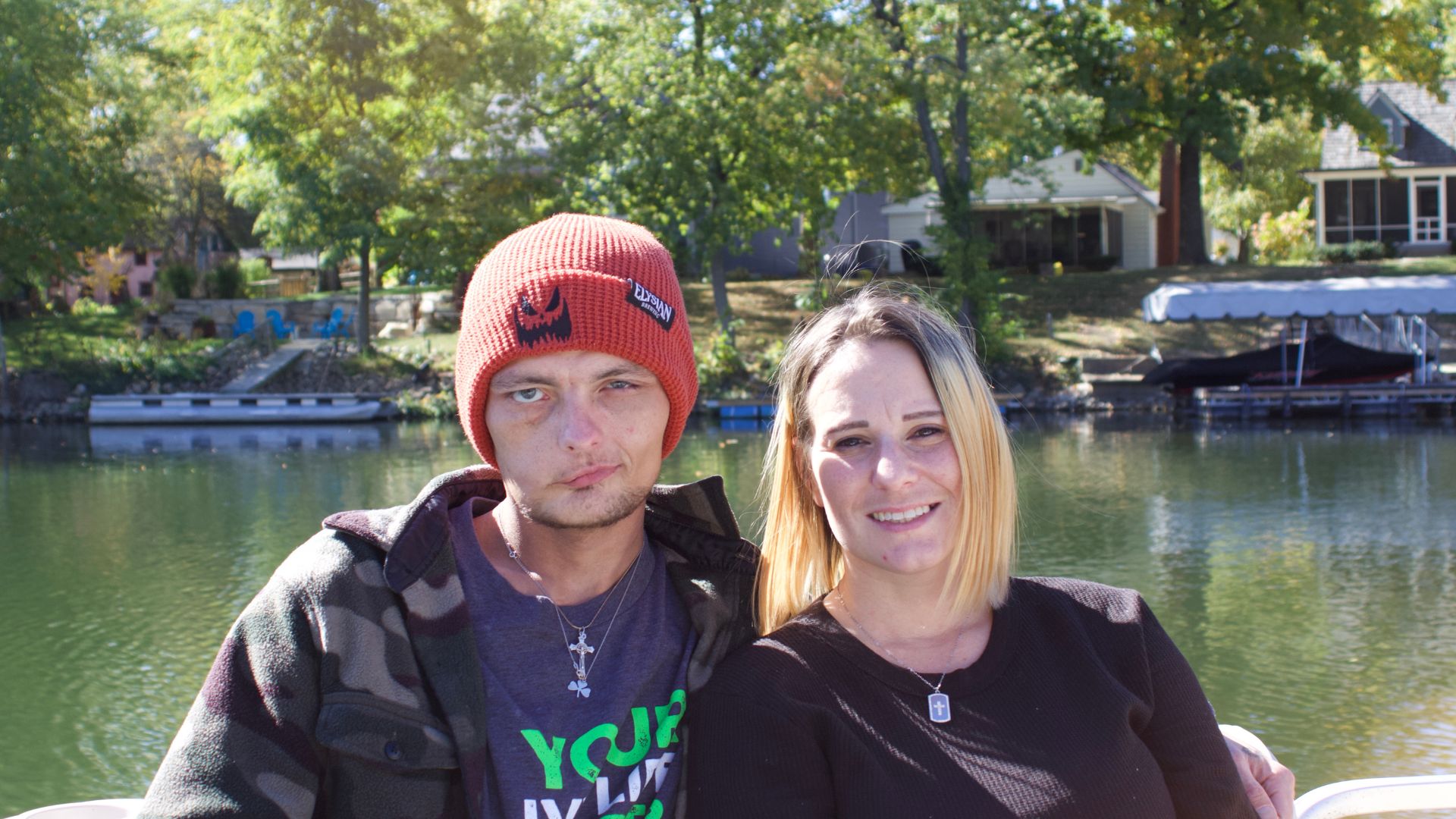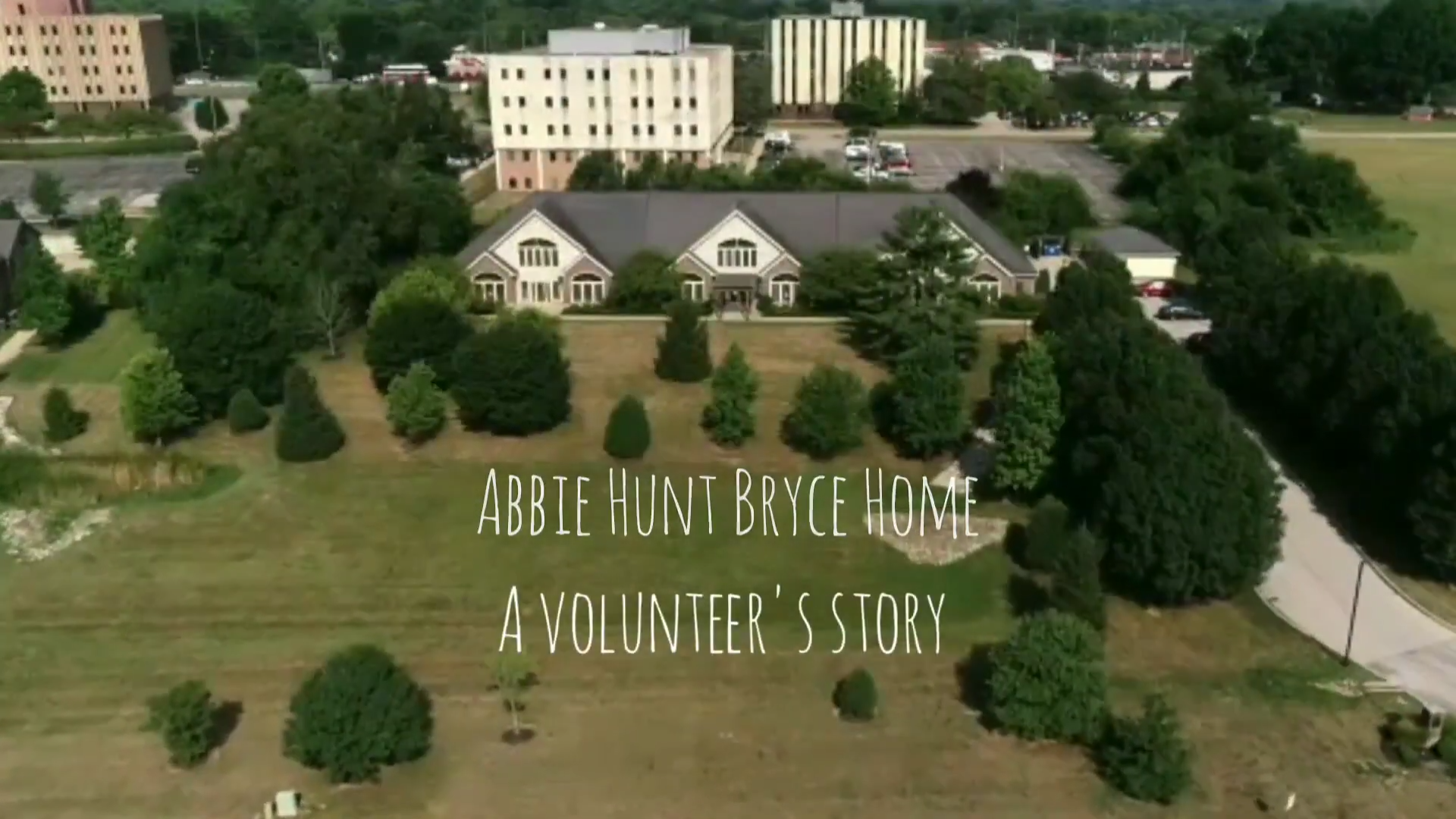Our Home runs on community support! Help hospice patients in need – donate today.
What Is Hospice and When to Get Hospice Care
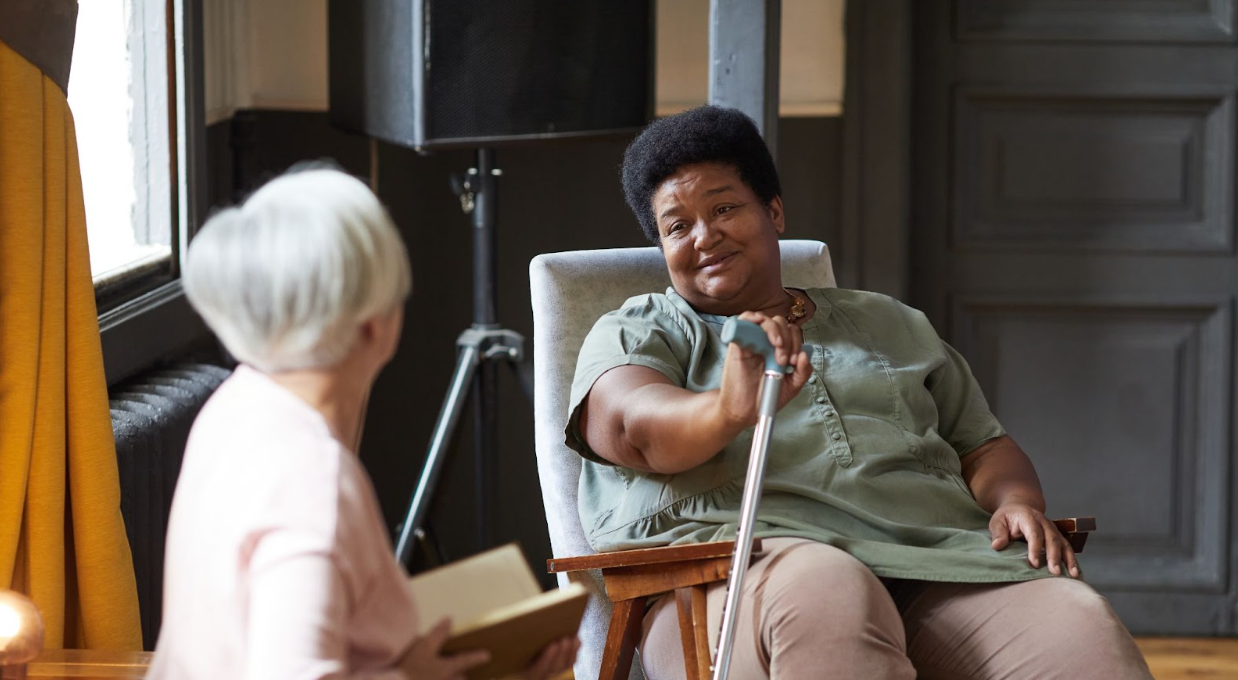
While there are many different types of hospice, all hospice care comes down to one fact: the person receiving care is nearing the end of their life. Hospice care focuses on comfort, quality of life, and pain reduction.
Most people these days have heard of hospice care, but there are still some misconceptions about what hospice care is (and what it isn’t).
Morning Light is a 501(c)(3) nonprofit that operates a free hospice home in Indianapolis for people of limited means—so we’re intimately familiar with what hospice looks like and how helpful it can be for those nearing the end of their life.
Learn more about hospice and our approach to end-of-life care below.
Does your loved one need placement in a hospice facility? Explore our Abbie Hunt Bryce Home and learn about the admission process.
Hospice Care Definition

So, what is hospice care? Simply put, hospice care is a specialized type of medical treatment for people who are nearing the end of their life.
By definition, hospice care is typically recommended by physicians and other medical professionals when someone’s expected life span is less than 6 months.
Hospice may be recommended due to disease progression or prognosis. For people of advanced age, it may also be recommended based on generalized end-of-life signs and symptoms rather than a specific ailment.
Those wondering when to get hospice care for a loved one should consult with their loved one’s physician for guidance. In addition to their medical expertise, medical doctors are required to certify that that end of life is near in order for hospice care to be covered by insurance.
Hospice vs. Palliative Care
The word “hospice” is sometimes used interchangeably with “palliative care,” though these are technically two different types of care.
Both types of care focus on pain management and quality of life, but palliative care may last much longer than the typical 6 months of end-of-life hospice care. Palliative care may also occur at the same time as curative treatments (such as chemotherapy).
What Is Hospice Really?
Many people assume that hospice is primarily designed to treat physical pain at the end of someone’s life. While this is an important facet of hospice care, it’s not the only part (and arguably not the most important).
In addition to physical pain management and symptom reduction, hospice care is focused on providing:
- Social support
- Emotional support
- Spiritual support
While much of the services are centered on the person who is nearing the end of life, these supports are also provided to family members. Counseling on the dying process, grief, bereavement, and loss can help loved ones process this difficult time.
Common Misconceptions About Hospice

Hospice is a scary word, one that’s often not discussed until absolutely necessary.
While this is understandable, the taboo of hospice also means that there are many myths and misconceptions out there regarding what hospice is and what it isn’t.
Here are some common hospice myths we hear all the time:
- Hospice means you’re giving up.
- Hospice makes someone die more quickly.
- Hospice is depressing and painful.
- All hospice care is the same.
- All hospice providers are the same.
- Hospice is only for people with cancer.
- Hospice means death will come within days.
None of these myths are true, but they persist because hospice can be so hard to talk about.
At Morning Light, we especially want to stress that hospice is not giving up. It’s not throwing our hands in the air and saying that nothing can be done.
Instead, hospice is a form of highly engaged and highly personalized care that treats the dying process with respect. Hospice care actively seeks ways to improve quality of life, while at the same time helping everyone involved prepare for the inevitable end.
If you’re a member of a community group, agency, or institution that would benefit from more information about hospice, please reach out to us at Morning Light! Invite us to speak on hospice care, the dying process, or end-of-life treatment options.
Different Types of Hospice Care
There are different types of hospice care depending on the provider and the means through which you’re funding the care.
Hospice providers that qualify to be paid through Medicare (the most common form of funding for seniors and many other Americans) are required to offer four levels of hospice care:
- Routine home care: This can be intermittent and is provided wherever the person is living: at home, in a hospice home, at an assisted living facility, a memory care facility, etc.
- Continuous home care: This level is sometimes called “crisis care” and involves more intensive, round-the-clock interventions.
- General inpatient care: Inpatient care has the goal of minimizing symptoms to the point where, hopefully, the patient will be able to return home.
- Respite care: Inpatient facilities often accept patients on a short-term basis so that primary caregivers can take a brief break from the responsibility of caregiving. (Morning Light offers respite care when we have room in our home! Learn more about caregiver relief.)
Morning Light’s Abbie Hunt Bryce Home is a place where people of low income can receive the needed level of care from their hospice provider in Indianapolis.
We do not provide medical care ourselves but rather provide a safe, comfortable home in which the resident’s hospice team can provide the needed care.
About Morning Light’s Indianapolis Home for Hospice
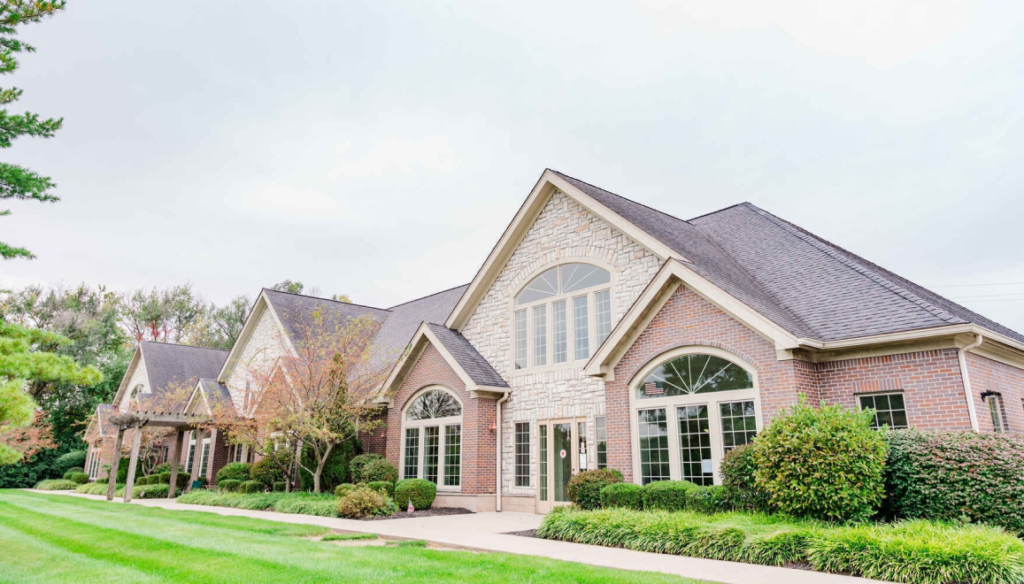
Morning Light operates the Abbie Hunt Bryce Home, a 12-bed home in Indianapolis that serves terminally ill people of low to no means.
We welcome residents of all backgrounds, ages, and life stories—treating each person to an end of life with dignity, support, and love.
Our residents enjoy a private garden (thanks to the Rotary Club of Indianapolis!), a beautiful campus, 24/7 supervision from Certified Nurse Assistants, and home-cooked meals. Our staff and volunteer team provide social activities, emotional support, and a hand to hold.
While our home welcomes people of all backgrounds, we regret that we cannot accept all applicants due to capacity limitations (as well as limitations on the type of medical treatments permitted in our home).
Need a Home for Hospice in Indianapolis?
Please learn more about the Abbie Hunt Bryce Home and the application process by going to the relevant page below:
- You have a client who needs placement in a hospice.
- You have a loved one who needs placement in a hospice.
Want to support Morning Light’s free accommodations for hospice patients in Indianapolis? Please consider getting involved in any way you can. We appreciate your support!

